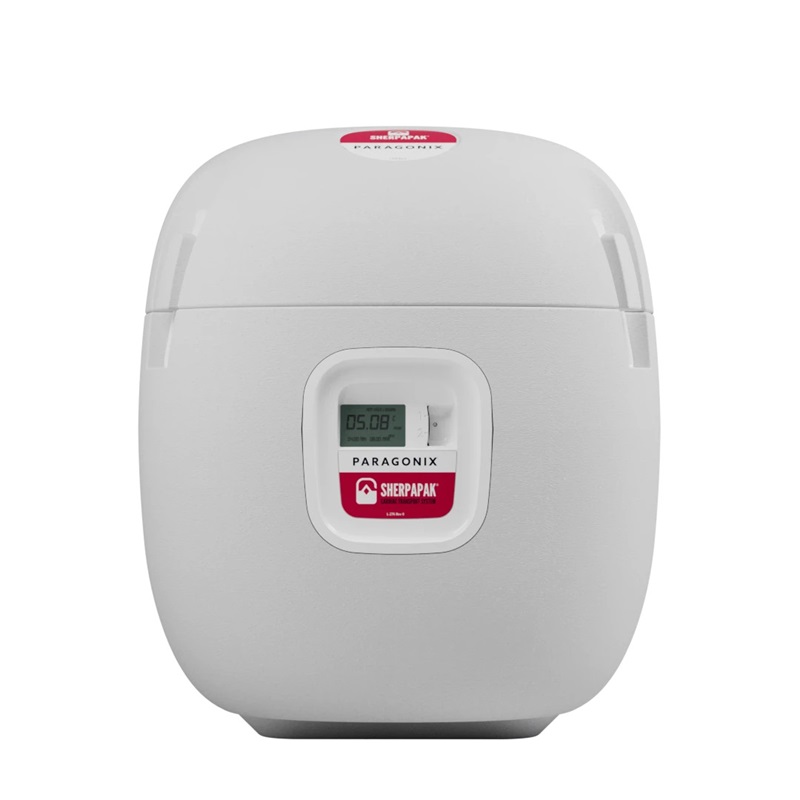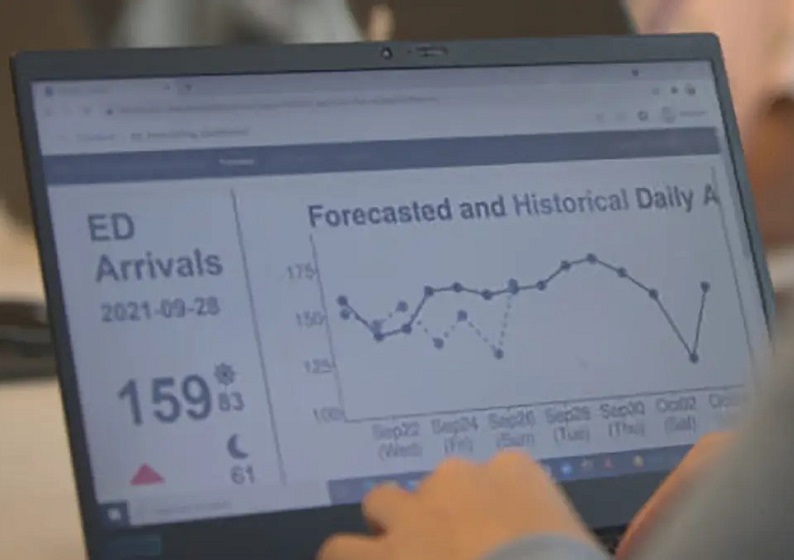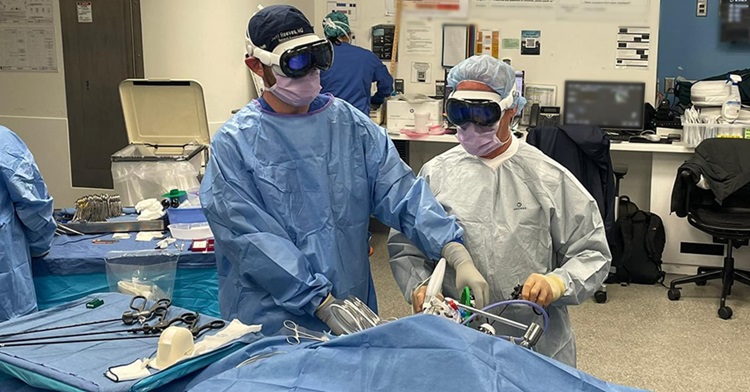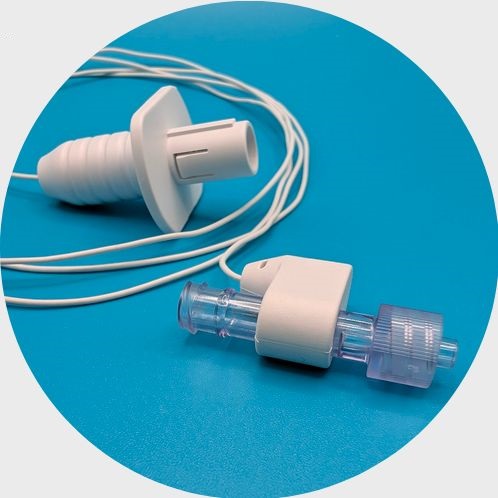Early Sepsis Recognition Platform Could Identify Pre-Symptomatic Patients at POC Using Culture-Free Diagnostic Test
|
By HospiMedica International staff writers Posted on 14 Dec 2022 |
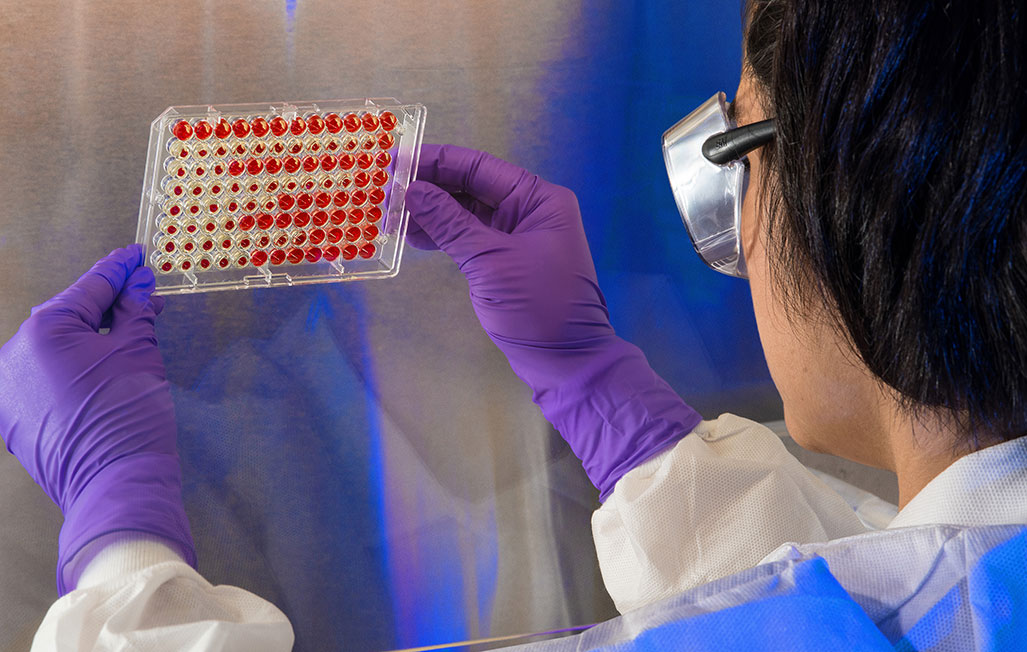
Early sepsis recognition is vital in improving patient prognosis and reducing mortality. Now, a new diagnostic system for early-stage sepsis condition could allow doctors to predict the future appearance and evolution of sepsis within a short period of time and thus, provide a suitable clinical response even before the symptoms arise.
DeepUll (Barcelona, Spain), a biotech company, is creating rapid, affordable and accessible diagnostic solutions with a specific focus on culture-free diagnostics to enable sepsis recognition in pre-symptomatic patients. DeepUll’s technology aims to not only rapidly identify the causative infective agent(s) within a few hours, but will also provide phenotypic antimicrobial susceptibility results, thus reducing the unnecessary use of antimicrobials. The product will also utilize artificial intelligence (AI) to offer seamless medical decision support across all phases of patient management, from early disease recognition, to precise diagnostics, up to therapy guidance.
DeepUll’s first-in-class sepsis recognition platform is designed to detect more than 250 different pathogens and about 15 resistance genes in one hour starting from 10mL of whole blood. The product will generate phenotypic antimicrobial susceptibility results in about eight hours, without requiring a positive blood culture. The product will be a desktop system with end-to-end automation with the aim to be placed in any clinical setting (laboratory, ER, ICU).
“Early identification of sepsis is absolutely crucial to a patient’s prognosis, but the tools caregivers have available today are woefully inadequate,” said Jordi Carrera, Chief Executive Officer and Co-Founder of DeepUll. “Our mission is to change this and this financing will allow us to ramp up our efforts to bring our first-in-class sepsis recognition platform to market.”
Related Links:
DeepUll
Latest Critical Care News
- Specialized Stent that Expands as Child Grows to Result in Fewer Heart Surgeries for Babies
- Next-Gen Wearable Continuous Glucose Monitoring System to Revolutionize Diabetes Management
- Machine Learning Could Reduce Hospitalizations by 30% During Pandemic
- AI-Based System Reduces Risk of Unexpected Deaths in Hospitalized Patients
- Pioneering Application Detects Pulse Pressure Using Smartphone
- Mitral Valve Repair Via Catheter Offers Better Outcomes Than Pharmacological Treatment in Heart Failure Patients
- Wearable Lung Patch Accurately Detects Asthma and COPD
- Novel Device-Based Therapies Could Overcome Limitations of Pharmacologic Therapies for Heart Failure Patients
- Wearable Sleep Trackers Could Predict Blood Biomarkers of Alzheimer’s Disease in At-Risk Individuals
- Ultra-Flexible Brain Probes Accurately Record Brain Activity Without Causing Tissue Damage
- AI-Driven Tool to Revolutionize Brain Pressure Monitoring in Intensive Care Patients
- AI-Enabled Digital Stethoscope Doubles Detection of Pregnancy Heart Failure
- Simplified Atrial Fibrillation Ablation Technique Benefits Heart Failure Patients
- Electronic Finger Wrap Uses Sweat for Automatic Monitoring of Vital Chemical Levels
- Wearable Heart Monitor Increases Diagnoses of Common Heart Rhythm Disorder By 50%
- New Chronic Coronary Syndrome Guidelines Expand Diagnostic Tools
Channels
Critical Care
view channel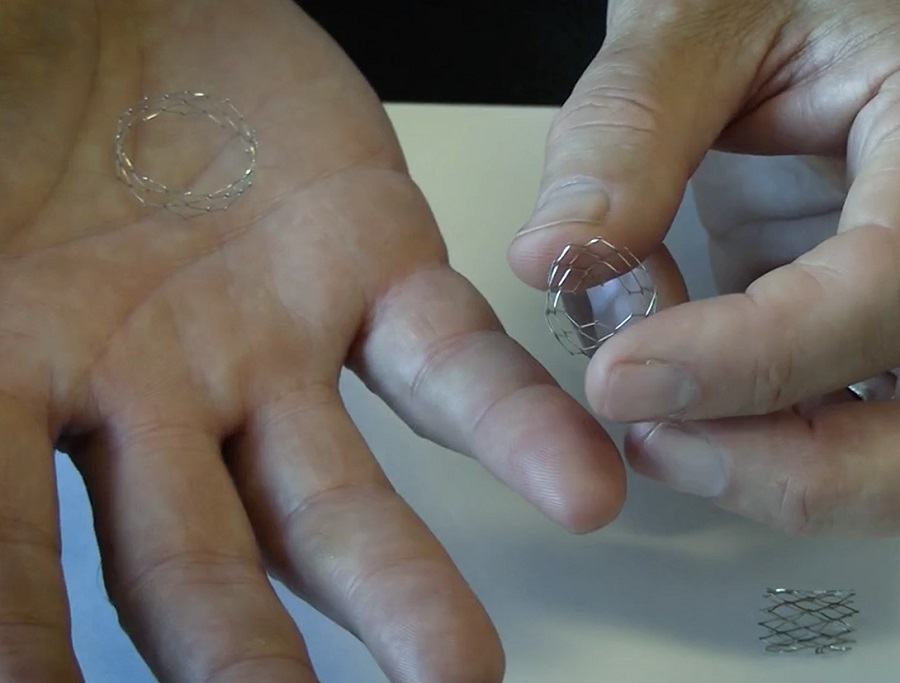
Specialized Stent that Expands as Child Grows to Result in Fewer Heart Surgeries for Babies
Approximately 40,000 babies are born each year in the United States with a heart defect, according to the U.S. Centers for Disease Control and Prevention. Many of these infants have narrowing in either... Read moreNext-Gen Wearable Continuous Glucose Monitoring System to Revolutionize Diabetes Management
Continuous glucose monitoring systems (CGMs) play a vital role in the closed-loop management of diabetes. With advances in the field, the demand for next-generation CGMs that offer improved noise resistance,... Read moreSurgical Techniques
view channel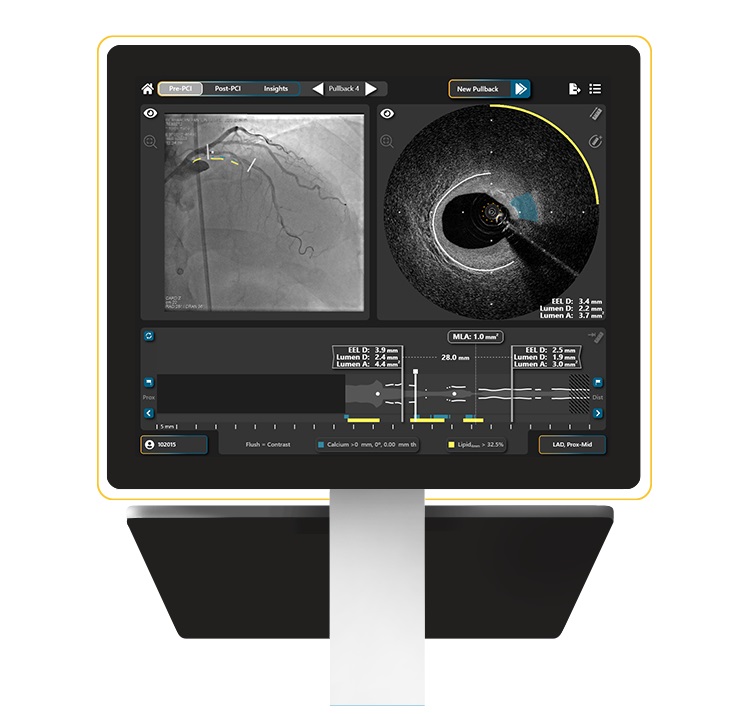
Intravascular Imaging Guidance System Optimizes Stenting Procedures for Improved Patient Outcomes
Coronary artery disease (CAD), characterized by the buildup of plaque in the arteries supplying blood to the heart, affects approximately 20.5 million adults aged 20 and older. Among CAD patients who undergo... Read more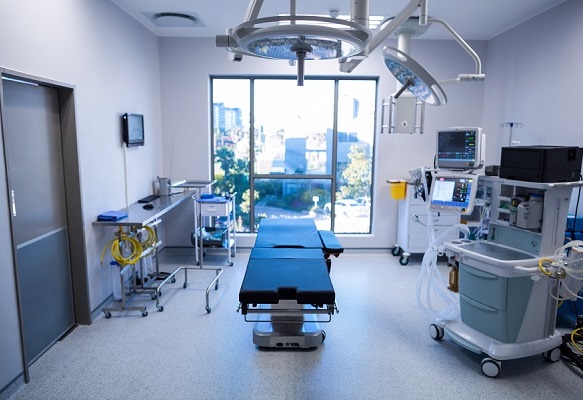
Better-Designed Operating Room Shortens Surgical Procedure Time and Produces Better Outcomes
Long surgery durations can lead to delays, cancellations, poor patient experiences, postoperative complications, and a waste of healthcare resources. A new study has revealed that a better-designed operating... Read morePatient Care
view channelFirst-Of-Its-Kind Portable Germicidal Light Technology Disinfects High-Touch Clinical Surfaces in Seconds
Reducing healthcare-acquired infections (HAIs) remains a pressing issue within global healthcare systems. In the United States alone, 1.7 million patients contract HAIs annually, leading to approximately... Read more
Surgical Capacity Optimization Solution Helps Hospitals Boost OR Utilization
An innovative solution has the capability to transform surgical capacity utilization by targeting the root cause of surgical block time inefficiencies. Fujitsu Limited’s (Tokyo, Japan) Surgical Capacity... Read more
Game-Changing Innovation in Surgical Instrument Sterilization Significantly Improves OR Throughput
A groundbreaking innovation enables hospitals to significantly improve instrument processing time and throughput in operating rooms (ORs) and sterile processing departments. Turbett Surgical, Inc.... Read moreHealth IT
view channel
Machine Learning Model Improves Mortality Risk Prediction for Cardiac Surgery Patients
Machine learning algorithms have been deployed to create predictive models in various medical fields, with some demonstrating improved outcomes compared to their standard-of-care counterparts.... Read more
Strategic Collaboration to Develop and Integrate Generative AI into Healthcare
Top industry experts have underscored the immediate requirement for healthcare systems and hospitals to respond to severe cost and margin pressures. Close to half of U.S. hospitals ended 2022 in the red... Read more
AI-Enabled Operating Rooms Solution Helps Hospitals Maximize Utilization and Unlock Capacity
For healthcare organizations, optimizing operating room (OR) utilization during prime time hours is a complex challenge. Surgeons and clinics face difficulties in finding available slots for booking cases,... Read more
AI Predicts Pancreatic Cancer Three Years before Diagnosis from Patients’ Medical Records
Screening for common cancers like breast, cervix, and prostate cancer relies on relatively simple and highly effective techniques, such as mammograms, Pap smears, and blood tests. These methods have revolutionized... Read moreBusiness
view channel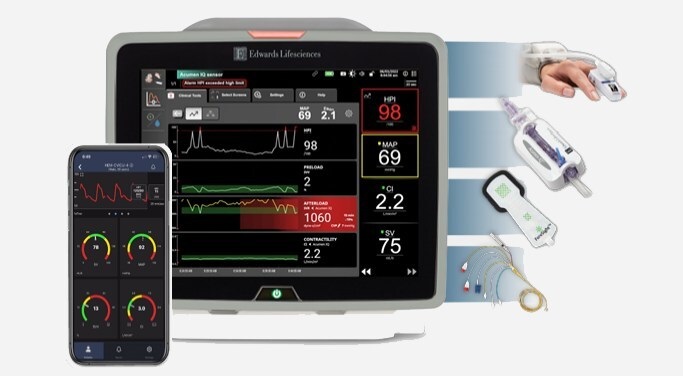
BD Completes Acquisition of Critical Care from Edwards Lifesciences
BD (Becton, Dickinson and Company, Franklin Lakes, J, USA) has completed the acquisition of Edwards Lifesciences' (Irvine, CA, USA) Critical Care product group, which will be renamed as BD Advanced... Read more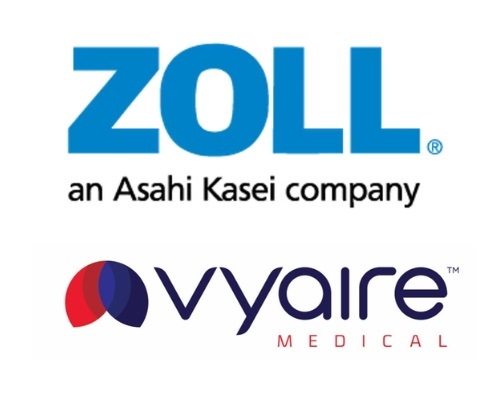
ZOLL to Acquire Vyaire Medical’s Ventilator Business
ZOLL (Chelmsford, MA, USA), an Asahi Kasei (Tokyo, Japan) company that manufactures medical devices and related software solutions, has become the winning bidder in an auction to acquire Vyaire Medical’s... Read more